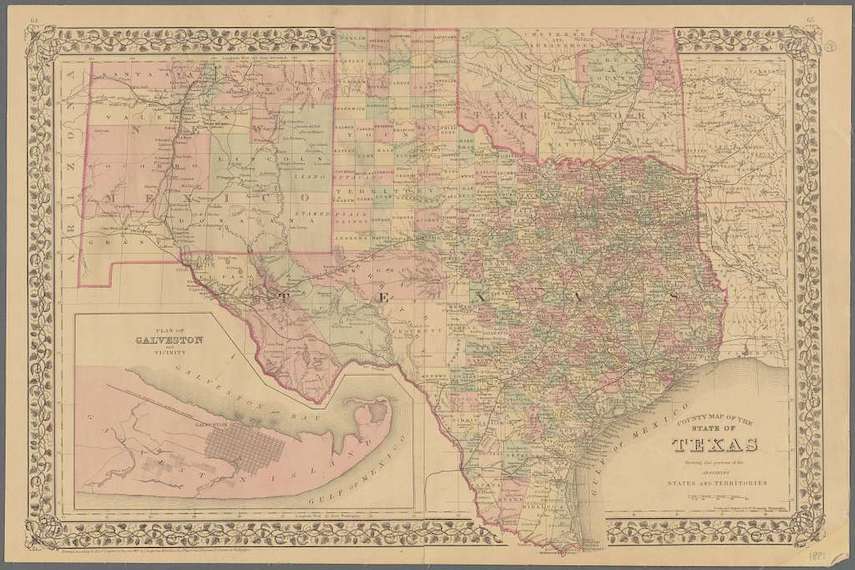Last week, Texas Governor Greg Abbott largely discredited DEI initiatives and told state agencies and public universities to stop considering diversity in hiring practices.
Here’s a snippet from his memo:
“…the innocuous-sounding notion of Diversity, Equity, and Inclusion (DEI) has been manipulated to push policies that expressly favor some demographic groups to the detriment of others. Indeed, rather than increasing diversity in the workplace, these DEI initiatives are having the opposite effect and are being advanced in ways that proactively encourage discrimination in the workplace. Illegally adding DEI requirements as a screening tool in hiring practices or using DEI as a condition of employment leads to the exclusion of individuals from the workplace.”
Yes, it’s another major smack in the face of DEI initiatives, but we saw it coming. Last year, we discussed Florida’s Stop Woke Act which prohibited Florida employers with 15 or more employees from administering diversity training with DEI topics that make employees “uncomfortable.” This movement to abandon DEI initiatives highlights the importance of cultural competency and education around historical racism and systemic inequity. Without this understanding, it’s easy to be swayed by this memo’s misrepresentation of DEI initiatives.
Federal and state laws do prohibit discrimination; however, they do not rule out DEI initiatives altogether. Interestingly, federal and state anti-discrimination laws have their origin in DEI initiatives as they were used to fight against discrimination of underrepresented groups during the Civil Rights Movement. A plethora of research studies, reports, and assessments show that opportunities and experiences of communities of color and other underrepresented groups are disproportionately impacted due to systemic racism that continues to perpetuate, despite seemingly race-neutral practices.
What This Means
Potential relief may be available in the Texas’s Labor Code so companies and universities may not need to overhaul their programs. According to Inside Higher Ed:
“One provision in the code states that ‘an employer does not commit an unlawful employment practice by developing and implementing personnel policies that incorporate workforce diversity programs.’ Another section…says that ‘a public school official does not commit an unlawful employment practice by adoption or implementing a plan reasonably designed to end discriminatory school practices.'”
If organizations have been advancing DEI in partnership with their legal team, current operations may not be impacted. Even so, the hostile sentiment in the governor’s memo is still worth noting. I suggest connecting with organizational leaders, DEI staff, and legal experts to ensure that you are prepared for objections down the road. Practitioners will have to advocate harder for this work and partner more closely with in-house counsel to anticipate and protect against potential litigation from this wave of anti-DEI sentiment.
While I appreciate the ongoing discussion around what measures are necessary to rectify systemic racism and inequity, I want to be clear that as a DEI practitioner, I will always advocate for work that acknowledges diversity, supports equity, and amplifies the inclusion of historically marginalized and underrepresented groups. We are just not far away enough from America’s historical transgressions to accept that we live in a colorblind society. Whether we acknowledge it or not, racism has shaped our institutions, policies, practices, and culture so the best way to move forward as a society is by understanding and addressing the impacts of history, not ignoring it.










